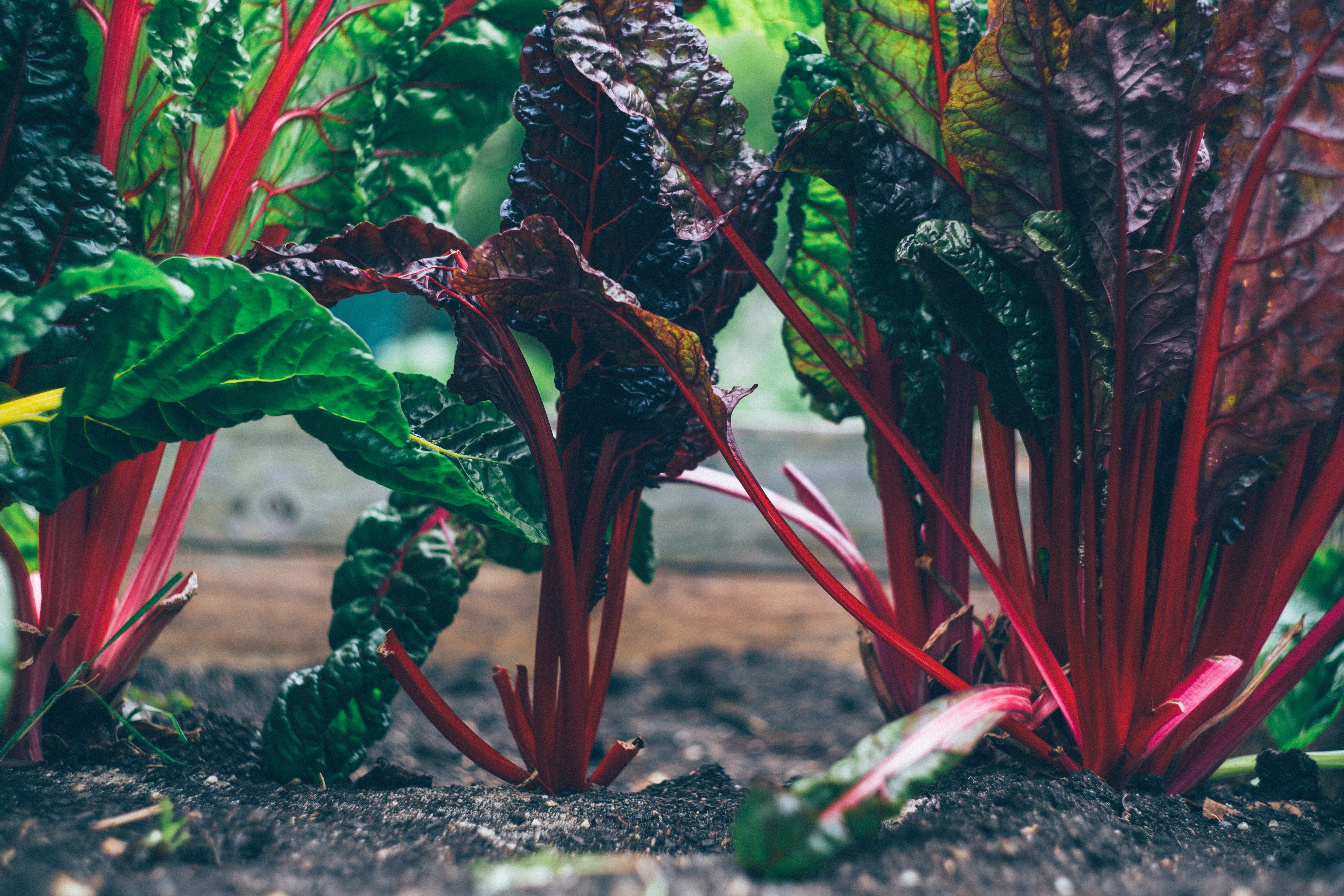There are many possible causes of anxiety, from trauma to medication side effects. Many medical conditions also mimic symptoms of anxiety: thyroid disorders, and other hormonal imbalances, diabetes, asthma, epilepsy, and heart conditions. “Much of our increasing emotional distress stems from easily correctable malfunctions in our brain and body chemistry-malfunctions that are primarily the result of critical, unmet nutritional needs,” The Mood Cure, Julia Ross (2004,3).
Improved nutrition, lifestyle changes, exercise, stress reduction techniques, supplements, and mind-body practices are all part of a natural approach to anxiety and other mood problems. James Lake, integrative psychiatrist and author of Textbook of Integrative Mental Health (2007), supports these methods for mild to moderate mental health symptoms, as do many other holistic practitioners and researchers.
Why use a natural approach? Perhaps you already feel strongly about taking a natural approach to health whenever possible and want to learn more. Or maybe your anxiety was so severe and you were so desperate that you turned to medications, but now they aren’t working as well or as expected, or perhaps they do help but you don’t like some of the side effects. Perhaps you know deep down that addressing the root cause is the way to go. Whatever the reason, if you’re looking for natural options for combating anxiety, you’ve come to the right place.
Using natural approaches in the form of foods and nutrients can address the root cause of your anxiety, alleviate symptoms, and keep them from returning. For example, if your anxiety is due to a vitamin B6 deficiency, it makes the most sense to boost your levels of vitamin B6. This will also help raise your levels of serotonin, which could improve your mood, sleep, cravings, and, for women, PMS symptoms. It would also be important to look at why your vitamin B6 is low to start with. Maybe you aren’t getting enough in your diet, aren’t digesting well, are under a great deal of stress, or have depleted levels from taking birth control pills. This is just one example of a nutrient deficiency that can contribute to anxiety.
Good-quality food is the number one priority. Taking supplemental nutrients to correct imbalances is ideally a short-term approach. The exceptions would be if you have an inherited tendency to low levels of some nutrients, or you can’t or won’t take steps to ease high levels of stress.
It’s also important to remember that we are all unique, with individual biochemistry, imbalances, and life circumstances. There isn’t a one-size-fits-all magic solution, even among natural approaches. By eating better, reducing stress, and addressing any nutritional imbalances, you’ll also see an overall improvement in your general health and well-being.
Eating real, whole, good quality food is the foundation of my work, and any program to prevent and alleviate mental health issues such as anxiety, obsessive tendencies, worry, panic attacks, and depression, as well as maintain optimal mental health. This approach, combined with eating according to your own unique needs, will help calm your anxious mind.




